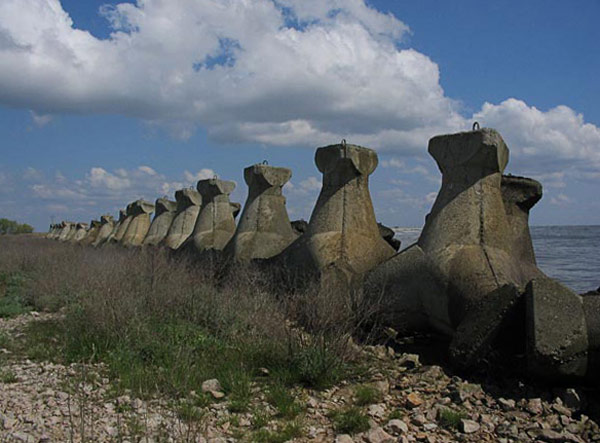
1

I lived almost 30 years under a
totalitarian regime in Romania
(imposed from outside after the Second World War), and I couldn’t
morally cooperate with the communist cultural system. But in 1980s,
as a spiritual escape and as a wish of freedom in my isolated country,
I secretly created a poetical character, Spaceman Sazartinus, my hero
traveling through the Universe, meeting strange civilizations on other
planets, and meditating. (Of course, many poems were inspired from
Romanian hallucinating reality of those years.)
After the 1989 Revolution in East Europe,
I could publish in the Romanian the cosmopoetical trilogy of
Spaceman Sazartinus (Space Morgana, The Wild Space Horses, and
Renaissance - Polidor Publishing House, Bucharest, 1993-94), including
both SF poetry and astronomical poetry, and representing, on other side,
the beginning point of the astropoetical movement of the
Romanian Society for Meteors and Astronomy-SARM.
The trilogy was followed in 1995 by its English anthology
(Spaceman Sazartinus’ Diary - “Science Fiction”, “Astro” and
“Fantasy” - Cosmopoems, for which Victor Chifelea was the English
translator, and Mircea Muresanu was the illustrator). This anthology
was presented at some international events of astronomy and science
fiction, reviewed by John Francis Haines in New Hope International
Review On-Line, and noted by Guy Ottewell in his Astronomical
Calendar (sponsored by the Astronomical League), and by Steve
Sneyd in Star*Line.
After that, seduced by astronomical poetry (astropoetry),
I abandoned for a while my hero Sazartinus. But in 2005, as a
celebration of 10 years since that English anthology (and 25 years since
I began to write SF poetry), I propose to the Star*Line readers a series
of a few poems selected from Spaceman Sazartinus’ Diary. They could
be considered not only SF/F/H poetry try out of the Anglo-American
world, but also a desperate document written in East Europe under
communist dictatorship - delirious system pretending to change the
structural rules of humanity. Because in those years, the people of
Romania (and other countries) lived a falsified reality, officially full
of “great achievements”, but in fact full of unimaginable frustrations.
I would say they didn’t live real existence, but artificial life - confiscated
by the Communist Party in the name of a “luminous future”.
A clandestine maxim of those times said:
“The Western people ask if there is life after death,
but the Romanians ask if there is life… before death.”
Here is the first poem of “dictatorial inspiration”
I’ve chosen for this series:
TUVIA, A PLANET…
Tuvs painted their atmosphere
with make-up and mascara.
I didn’t understand
what they wanted,
but the inhabitants manifested
a great zeal.
“Your occupation” - I said -
“seems redundant.”
“We make up time”
- they answered -
"and so death will look pretty…”
(TUVIA, O PLANETA…
Tuvii isi pictau atmosfera
cu fard, oja si rimel.
Nu intelegeam
ce vor,
dar ei dadeau dovada
de-un foarte mare zel.
“Ocupatia voastra" - le-am spus -
"mi se pare de prisos.”
“Fardam timpul" - mi-au raspuns -
"si astfel
moartea va avea un chip frumos.”)